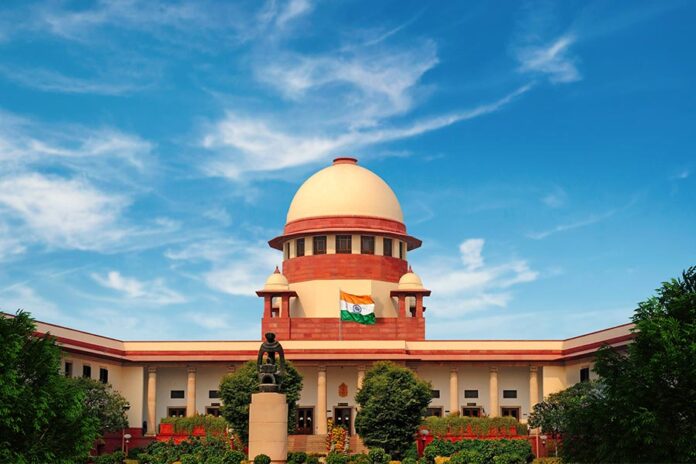The tug of war over jurisdiction has surfaced many times in arbitration proceedings, necessitating the Supreme Court to step in repeatedly to settle disputes. In General Manager East Coast Railway Rail Sadan and Anr v Hindustan Construction Co Ltd, the appellant and respondent entered into a contract that later resulted in a dispute.
The respondent, the original claimant in the case, initiated proceedings before the additional district judge in Visakhapatnam under section 9 of the Arbitration and Conciliation Act, 1996, seeking an interim injunction against the encashment of the performance bank guarantee and the forfeiture of the security deposit.
Section 9 of the arbitration act states that a party may ‒ before or during arbitration proceedings or at any time after the making of an award, but prior to its enforcement ‒ file an application for the granting of an interim injunction. The request for an interim injunction was allowed.
The appellant initiated arbitration proceedings by appointing an arbitration tribunal to adjudicate the dispute. However, the respondent questioned the validity of the tribunal and filed an application in the High Court of Orissa for the appointment of an arbitrator. The court, by exercising its powers under section 11(6) of the arbitration act, appointed an arbitrator to resolve the dispute between the parties.
The appellant contested the verdict and filed a civil appeal in the Supreme Court in light of section 42 of the act, which deals with the jurisdiction of the courts.
Prior to filing an application under section 11(6) of the act before the High Court of Orissa at Cuttack, the respondent filed an application under section 9 of the act before the court at Visakhapatnam. It was contended by the appellant that, in view of section 42 of the act, the High Court of Andhra Pradesh alone would have the jurisdiction to decide the subsequent applications arising out of the contract agreement, and any further arbitration proceedings would be held in the High Court of Andhra Pradesh and no other court.
After extensive deliberation, the bench came to the conclusion that the appellant was right in asserting that the High Court of Andhra Pradesh had the jurisdiction to appoint the arbitrator under section 11(6) of the act, and that the High Court of Orissa had erred in its decision. Reliance was also placed on section 42 of the act, which reads:
“42. Jurisdiction. – Notwithstanding anything contained elsewhere in this part or in any other law for the time being in force, where with respect to an arbitration agreement any application under this part has been made in a court, that court alone shall have jurisdiction over the arbitral proceedings and all subsequent applications arising out of that agreement and the arbitral proceedings shall be made in that court and in no other court.”
In light of this, the appeal was allowed, and the judgment and order of the Orissa High Court, as well as the appointment of the sole arbitrator, were quashed. The court lacked the authority to consider the application made in accordance with section 11(6) of the act with regard to the contract agreement. In addition, the respondent had filed an interim application with the High Court of Andhra Pradesh in accordance with section 9 of the act. Therefore, the application for the appointment of the arbitrator could only be considered by the High Court of Andhra Pradesh.
The high court added that even after the matter has been referred to arbitration, the arbitrator must be free to decide on his or her own jurisdiction, including the existence of the arbitration agreement, under section 16 of the Arbitration & Conciliation Act. The court appointed a sole arbitrator and referred the parties to arbitration.
The dispute digest is compiled by Numen Law Offices, a multidisciplinary law firm based in New Delhi & Mumbai. The authors can be contacted at support@numenlaw.com. Readers should not act on the basis of this information without seeking professional legal advice.




























